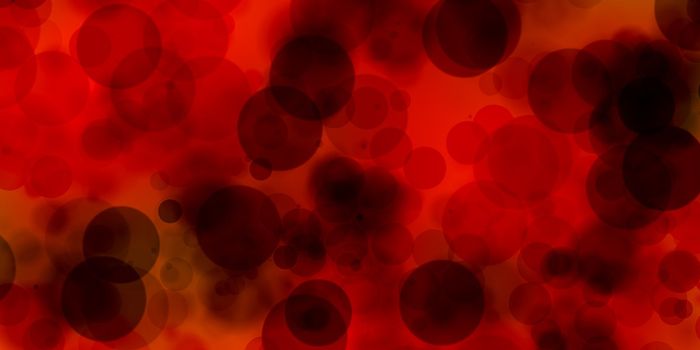New hope for KRAS-mutant pancreatic cancers
A study published recently in the journal Cancer Research showcases the findings from new research on pancreatic cancer. The study was led by Frank McCormick, Ph.D., FRS, D.Sc. (Hon), RAS National Program Advisor at the Frederick National Laboratory for Cancer Research and professor emeritus at UCSF Helen Diller Family Comprehensive Cancer Center.
Pancreatic cancer is a particularly difficult diagnosis because many pancreatic cancer patients experience resistance to chemotherapies - making recurrence common and survival rates low. According to the National Cancer Institute, only one in 10 people with pancreatic cancer survive for five years after starting treatment.
One factor that makes pancreatic cancer so tricky is the mutations found in the associated RAS proteins. RAS proteins are involved in cell signaling pathways that control cell growth and cell death and mutations have been identified in some types of cancer, including pancreatic cancer. According to the study, which looked at one particular RAS protein, known as KRAS, that has a similar function, approximately 95% of pancreatic cancers have RAS protein mutations.
The study showed that KRAS not only promotes metabolic reprogramming but also upregulates NRF2, which is known to augment chemoresistance. Yet, the researchers discovered they were able to target NRF2 by incorporating a small molecule called CB-839. Consequently, they proved it is possible to prevent chemoresistance in KRAS-mutant pancreatic cancers.
“In this paper, we suggest a mechanism for making pancreatic cancers more sensitive to chemotherapy by reversing the effects of KRAS on cellular metabolic pathways, specifically those involving glutamine. Attacking this aspect of KRAS signaling could provide another approach to improving outcomes for patients suffering from this disease,” said McCormick.
How does it work?
CB-839 is what’s called a glutaminase inhibitor, meaning it disrupts the metabolic interactions of glutaminolysis. This, in turn, makes KRAS-mutant pancreatic tumors more susceptible to a common chemotherapy called gemcitabine, one that often makes pancreatic tumors resistant over time.
“RAS-mutant pancreatic cancers consume more glutamine, so we just blocked that consumption because they eat more. So, you block that, and you see the existing chemotherapy is working fine,” explained first author Suman Mukhopadhyay, Ph.D., a postdoctoral fellow in the RAS Initiative. “This signifies the impact of glutaminase inhibitors in combination with chemotherapy. In addition, we have shown that normal cells will not be affected by this combination treatment, so we’re optimistic about this therapy,” he added.
The researchers conducted their investigations in mice models. “Based on the studies in mice, inhibiting the glutamine pathway deprives cancer cells of the energy source they need to proliferate,” comments study author Dwight Nissley, Ph.D., director of the Frederick National Laboratory’s Cancer Research Technology Program and the national lab’s senior scientist in the RAS Initiative. They showed that the tumors in mice shrank significantly and the mice showed insignificant side effects from the treatment.
They plan to continue their investigations with modified mice models that closely resemble humans genetically, with the intention to further their research to clinical trials in the future. They hope their findings will prove to be a potential therapy for pancreatic cancer patients with KRAS mutation.
Debanjan Goswami, Pavan Adiseshaiah, William Burgan, Ming Yi, Theresa Guerin, and Serguei Kozlov at the Frederick National Laboratory also contributed to the study.
Sources: Cancer Research, Frederick National Laboratory for Cancer Research









